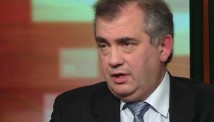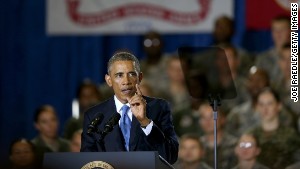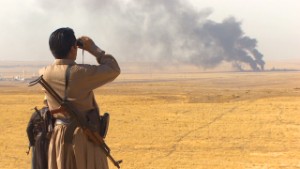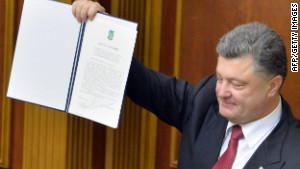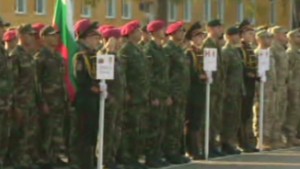THE troubled Iraq war veteran who scaled the White House fence
had a dangerous fixation on the president, stockpiling weapons and
ammunition and carrying a map to the White House stuffed in a Bible
during an earlier arrest, a federal prosecutor said on Monday.
When he was arrested, Omar Jose Gonzalez had two hatchets, a
machete and 800 rounds of ammunition in his car parked near the White
House, said Assistant US Attorney David Mudd.
A judge granted the government’s request to hold Gonzalez, 42, for 10 days without bail.
He faces up to 10 years in prison.
“Mr
Gonzalez’s preoccupation with the White House and accumulation of large
amounts of ammunition in an apparently short period of time renders him
a danger to the president,” Mudd said.
There was no indication he
had a gun on Friday night, however, when he was arrested after evading
the outer layer of security around the US presidential residence and
making it inside carrying a folding knife with a 3.5-
inch blade.
The Copperas Cove, Texas, man served two tours of duty in Iraq with the US Army.
Described
as “homeless and penniless,” he was assigned a public defender who
declined an opportunity to seek a psychiatric assessment of his client.
WHITE HOUSE INTRUDER: Watch how it unfolded
Family members said Gonzalez, an Army combat veteran, was
wounded by an improvised bomb in Iraq and struggled with depression and
post-traumatic stress disorder after returning to Texas. He became
increasingly paranoid, they said, hiding guns behind every door in the
house and saying that people were watching him and trying to poison him.
Gonzalez
complained bitterly about his treatment at the now-scandal-plagued
Department of Veterans Affairs, according to his family. They said his
disability claim was stuck in a backlog for more than a year. Eventually he became homeless and lived in his 1996
Ford Bronco.
By this summer, according to authorities, Gonzalez had begun to focus on the White House and the president.
On July 19, a Virginia State Police trooper attempted to
stop
him for reckless driving in the Bronco. Gonzalez refused to pull over,
police said, and led them on a 20-mile pursuit on Interstate 81 in
southwest Virginia. He was arrested on felony charges of possession of a
sawed-off shotgun and attempting to elude police.
Ten other
weapons were found in his vehicle, including a sniper rifle and five
handguns, Virginia police records show. Tucked inside a Bible was a map
with a hand-drawn circle around the George Washington Masonic National
Memorial in Alexandria and “a line drawn to the White House,”
authorities said.
Gonzalez was held in New River Regional Jail and
released a week later on $5000 bail, according to a jail spokesman. He
said records did not indicate who paid it. Police held the guns pending
the outcome of the case, which is not yet resolved.
On August 25,
Gonzalez was stopped again, this time by the Secret Service, while
walking along the southern fence of the White House with a hatchet in
his rear waistband. He gave agents permission to search his Bronco,
where they found camping gear and two dogs, but no guns or ammunition,
Mudd said. He was not charged.
Increased patrols ... Secret Service officers on the perimeter of the White House after the security breach.
Source: AP
The latest incident happened a few minutes after US president
Barack Obama and his daughters had left the White House by helicopter
for a weekend at his official retreat at Camp David in Maryland.
Obama
is “concerned” about the incident, officials said Monday. The US Secret
Service is reviewing new security measures inside and outside the White
House fence after the man made it all the way inside the presidential
mansion on Friday before being tackled.
White House spokesman Josh
Earnest said Obama had been repeatedly briefed on the massive security
breach, and had expressed disquiet about the incident.
“His family
lives in the White House, and so he is obviously concerned by the
incident that occurred on Friday evening,” Mr Earnest said.
The
agency’s chief, Julia Pierson, who launched an investigation into the
security failure, also ordered increased patrols and surveillance around
the fence line of the White House complex.
US media reported the
Secret Service was considering setting up checkpoints for tourists and
other visitors several blocks from the building, rather than on the
grounds.
The fence jumper caused a rare evacuation of much of the staff and journalists on the White House grounds.
Less
than 24 hours later, another security scare took place when Kevin Carr,
19, tried to enter the area with his car despite barricades.
After
his arrest, Gonzalez told a Security Service agent “he was concerned
that the atmosphere was collapsing and needed to get the information to
the president of the United States so that he could get the word out to
the people”, according to an affidavit.



